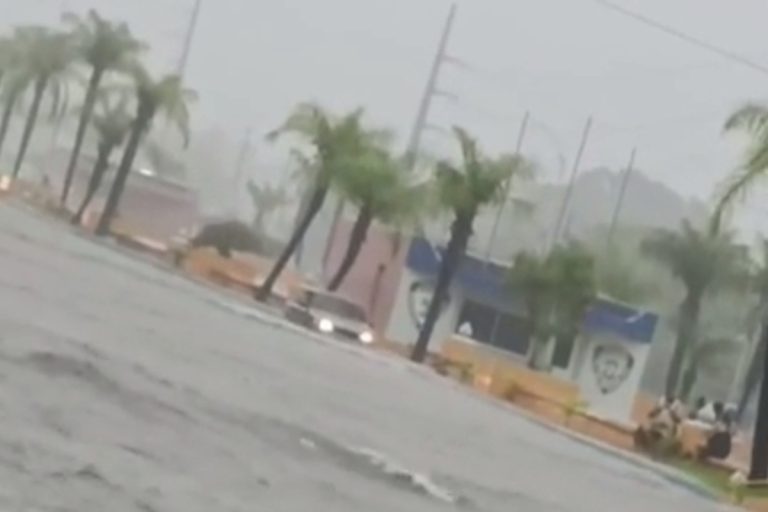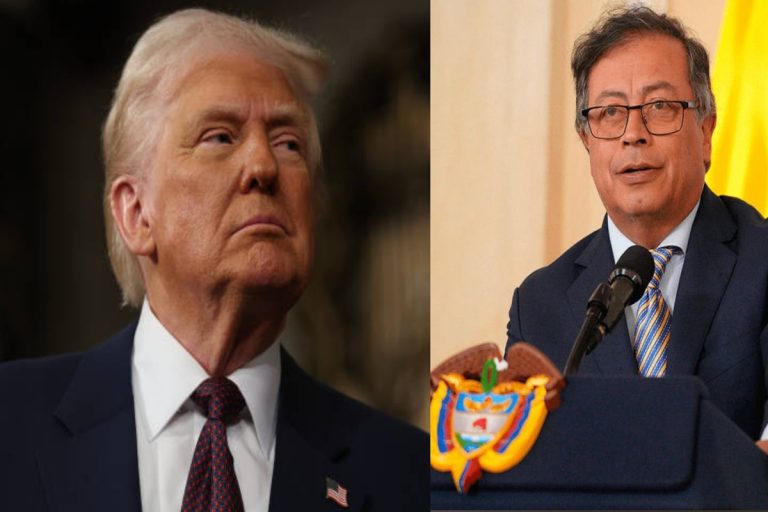
Petrobras workers onboard Almirante Tamandare vessel at Buzios field, Rio de Janeiro, Oct. 24, 2025. Dado Galdieri/Bloomberg
Brazil’s oil output and energy policy
The Buzios field, located off the coast of Rio de Janeiro, is one of the largest deep-water reserves in the world. Petrobras has expanded its production units to boost capacity and stabilize national energy revenues amid fluctuating international oil prices.
Company executives say the Buzios expansion will strengthen Brazil’s position among the top oil producers globally, adding new output at a time when the global market is already facing oversupply pressures.
Petrobras has stated that the new phase of development is part of a long-term national energy strategy aimed at economic growth, employment generation, and infrastructure development within Brazil’s offshore industry.
Government officials have emphasized that increasing oil production does not contradict Brazil’s broader climate goals, which include commitments made under the Paris Agreement to reduce emissions and invest in renewable energy projects.
Brazil’s oil dependence amid global transition
Energy analysts say Brazil’s economic reliance on oil exports makes it difficult to scale back production even as other nations are shifting toward cleaner technologies.
The country’s deep-water assets account for nearly 75 percent of its total crude output, with Buzios alone representing a major portion of national exports.
Economists have noted that Petrobras contributes significantly to Brazil’s federal revenues and job market, creating fiscal and political incentives to sustain high levels of production despite environmental pressures.
Petrobras executives maintain that operations at Buzios use some of the most advanced technologies for deep-water extraction, reducing methane leaks and gas flaring compared to older offshore facilities.
However, environmental advocates argue that any increase in fossil fuel output undermines Brazil’s credibility in global climate negotiations and delays progress toward cleaner energy systems.
Brazil’s oil and environmental debate
Environmental groups have said that Brazil’s offshore drilling expansion conflicts with its recent pledges to achieve net-zero emissions by 2050.
Activists argue that prioritizing short-term economic gains could make long-term climate goals harder to achieve.
Petrobras has responded by emphasizing its parallel investments in biofuels, carbon capture, and renewable energy research. The company has announced that at least 6 percent of its capital expenditure over the next five years will target cleaner energy initiatives.
Critics, however, believe that the share of funding allocated to renewable projects remains small compared to the company’s investment in new oil platforms and infrastructure.
Offshore expansion and economic implications
Brazil’s energy ministry said the Buzios project represents a milestone in technological advancement, using large-scale floating production storage and offloading vessels that allow continuous extraction in ultra-deep waters.
The ministry also indicated that ongoing production increases will help stabilize Brazil’s trade balance, expand its foreign reserves, and improve industrial activity in shipbuilding, logistics, and engineering sectors tied to oil production.
Independent analysts have said that Brazil’s increased output could contribute to a global crude glut, potentially lowering prices and complicating OPEC’s attempts to maintain price stability.
Market observers noted that while Brazil is not an OPEC member, its growing output makes it a critical non-aligned producer whose policies influence global supply trends.
Petrobras’ modernization efforts
Petrobras has highlighted the introduction of modern monitoring systems, digitalized drilling processes, and emissions tracking technology as part of its environmental mitigation strategy.
Executives have also pointed to enhanced water treatment systems and strict environmental protocols in the Buzios field designed to minimize oceanic contamination during extraction operations.
In addition, Petrobras has launched initiatives to promote cleaner fuel options domestically, such as low-sulfur diesel and biodiesel mixtures, which it says demonstrate its commitment to energy transition within Brazil’s domestic market.
Climate pledges and international scrutiny
Brazil has pledged to cut greenhouse gas emissions by 50 percent by 2030, a goal reaffirmed at recent international climate forums.
Brazil’s climate policy has been closely watched by international organizations as the country holds one of the largest biodiversity zones on the planet and remains a crucial participant in global carbon reduction initiatives.
The nation’s abundant natural resources and skilled offshore workforce make it a leading player in the global energy sector.
Petrobras officials have argued that Brazil’s oil strategy aligns with global demand patterns, as energy transition will require decades to reach full renewable substitution.
They maintain that Brazil’s offshore crude will remain competitive and necessary during the global shift toward clean energy.
Energy analysts agree that Brazil’s growing production capacity could be seen as a hedge against potential shortfalls in supply during the early stages of the transition to renewables.
Nonetheless, global climate advocates continue to push for faster reductions in fossil fuel output and more aggressive investment in renewable sectors such as solar, wind, and green hydrogen.
Related: Haiti Floods Claim 25 Lives After Melissa’s Torrential Rain Bursts River Banks
Petrobras has outlined plans for additional floating production vessels and exploration zones across the pre-salt basin.
Coming decade will define how Brazil reconciles these competing goals, balancing economic ambition with its commitment to sustainable development.




